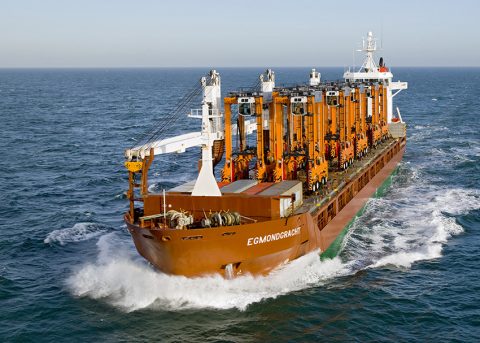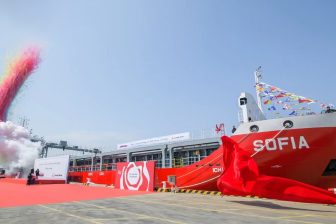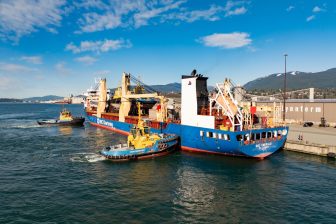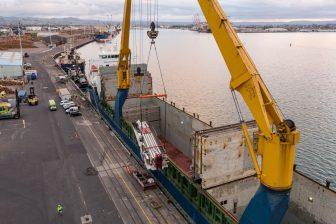
Intercargo concerned about lack of testing of low sulphur fuels
With less than six months to go until the new sulphur regulations come into force, Intercargo says it is “extremely worried” about the safety of ships, crew and environment as both the fuel suppliers and shipping companies have pushed the testing of the compliant fuels to the end of the year.
Effective per 1 January 2020, the new sulphur regulations require shipping companies to burn fuels with a maximum sulphur content of 0.5%, opposed to 3.5% now. The global availability of safe compliant fuels, however, remains a key question largely unanswered.
“It is extremely worrying that compliant fuels have so far been made available only in a limited number of ports and
under unfavourable terms for voluntary early testing by ships, as charterers and operators are not currently obliged to purchase future compliant fuel. Hence, the practical testing of new fuels and crew training, which is only possible under real conditions aboard ships, is very limited and pushed to the end of year – this situation creates significant safety implications for the operation of ships, which could eventually threaten the safety of seafarers, ships, and cargoes, as well as the marine environment,” Intercargo states.
The dry bulk shipping association urges the fuel supply industry to provides the market with significant volumes of compliant fuels at many ports around the world so that all sectors can be serviced. It also says that the Publicly Available Specification (PAS) related to the 0.5% limit should be made available as soon as possible to provide guidance on the application of the existing ISO 8217 specification for marine fuels.
Additionally, Intercargo stresses that it is of utmost importance that ship charterers and operators start purchasing these fuels so that the crew can be trained and the fuels tested. “Seafarers deserve our special consideration, as the industry will largely rely on their skills for managing the new compliant fuels aboard ships on the high seas to
ensure a smooth implementation of this drastic change,” the shipping association states.
Most shipping companies will comply with the new sulphur regulations simply by switching to low sulphur fuel. Even though scrubber sales have skyrocketed in 2018 and 2019, it is estimated that only 5% of all ships will be equipped with scrubbers to comply with the new sulphur rules. An even smaller number of ships have been converted to sail on LNG.
There are some shipping companies, though, that invested heavily in scrubbers to avoid switching to the costly low sulphur fuels. One of those companies is Spliethoff, the third-largest multipurpose shipping operator in the world, that invested 110 million euros in scrubber technology.
You just read one of our premium articles free of charge
Register now to keep reading premium articles.




